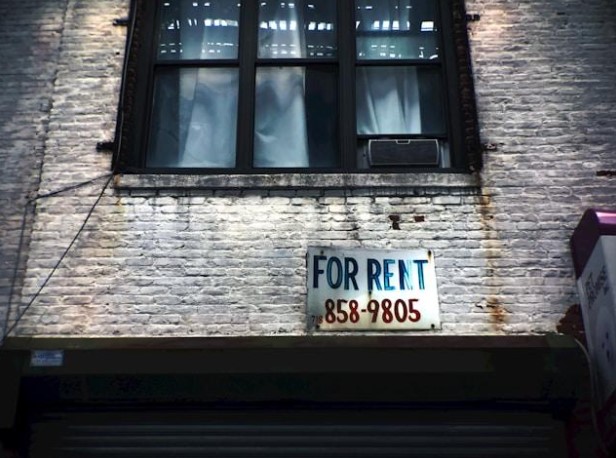Property management is accessible to virtually anyone, but not necessarily suited for all. If it was a simple task, it would be crowded with participants. Success in this sector requires experience, strategic thinking, and patience; occasionally, even these might not be adequate.
The list of tasks is seemingly infinite. Often, the emphasis should be on learning what to avoid rather than just focusing on what needs to be accomplished. This article will delve into five common pitfalls that novice landlords often encounter.
Lacking a Documented Contract for Management
When renting out your property, have a comprehensive and detailed lease agreement. Although some jurisdictions may permit verbal agreements, a written contract signed by both parties provides the highest level of protection.
Many rookie property managers acquire their first properties through referrals from friends and colleagues, and they often overlook the critical necessity of a transparent and legally binding written agreement.
This agreement or contract should clearly outline your responsibilities as a property manager and your client's obligations. Details like late payment charges, rent deadlines, pet rules, and property management specifics should all be covered in the contract to ensure everyone is on the same wavelength.
This documentation can be invaluable when dealing with a breached lease or a problematic tenant. Engaging a trusted lawyer to draft this documentation is recommended - if you're new to the sector, refrain from attempting to do it independently.
Doing DIY Maintenance Instead of Engaging a Pro
The necessity for continuous upkeep in rental properties is common knowledge. However, it might not be widely acknowledged that employing qualified maintenance crews could mitigate these challenges and even cut your expenses.
Regrettably, numerous landlords fall into the trap of economizing by hiring unskilled or novice individuals to maintain their properties—or trying their hand at DIY repairs—only to face a multitude of issues later on, ranging from code infringements to tenant grievances and repeated repairs for the same problem.
When managing a rental property, never compromise on quality. Engaging a professional contractor for your property's after-hours maintenance requirements is invariably the wisest choice. They possess the expertise to detect and rectify problems before they escalate into major concerns.
No Verification for Move-in and Move-out
Whether a tenant is initially moving into the property or preparing to depart, it's essential to ascertain the condition of the dwelling at both instances. Failure to do so can lead to financial loss due to theft or damage, leaving you to shoulder the cost if you haven't documented the property's original state.
Ensure inspections are conducted during move-in and move-out, and get the tenant to sign off on any pertinent documentation. Back up your findings with photographic and video evidence taken during these inspections.
Not every homeowner's insurance provider offers comprehensive coverage for properties rented out full-time. The optimal way to shield yourself from potential damages and subsequent financial implications is to secure landlord insurance. For additional protection of your property and investments, you might consider requiring prospective tenants to acquire renters insurance to safeguard their items.
Acquiring Unsuitable Insurance Coverage
Securing adequate insurance for a rental property is imperative. It might be tempting to overlook insurance or opt for the least coverage, but such an approach should not be applied to your property investment. Having appropriate insurance will also provide peace of mind.
When procuring insurance, consider acquiring both property and liability coverage for your home. This can lead to cost savings as it's likely that a tenant might cause some damage. Obtaining the correct level of coverage and the right kind of insurance is critical. Investment insurance is more complex than regular homeowners insurance.
Neglecting to Plan for Vacancies
Job openings are scarce or close to that in the current market, yet it doesn't imply you won't experience gaps between occupancies at some point. Remember that running and maintaining rental properties is a commercial endeavor, and every enterprise should have a contingency plan for when times get tough and revenue decreases or halts. Maintaining a reserve fund sufficient to cover your property's expenses for at least three months is a wise business strategy and a standard procedure.
Endnote
We are all susceptible to making errors now and again, but it's crucial to steer clear of mistakes in property management. Your eventual success as a property manager largely depends on correctly executing management procedures. By sidestepping these pitfalls, you can create an excellent initial impression as a fresh property manager and lay a robust groundwork for fruitful collaborations with property owners, tenants, and other involved parties.










